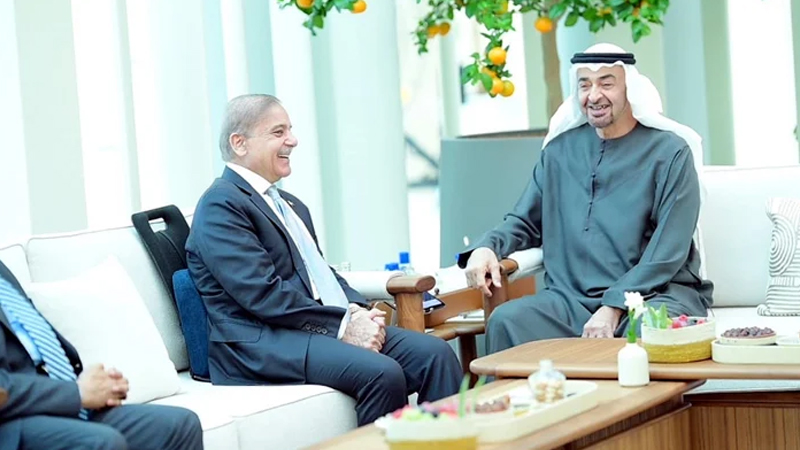The Sindh government is gearing up to present its budget for the fiscal year 2024-2025 on June 14. Chief Minister Murad Ali Shah will be at the helm of the presentation, according to insider sources.
In a bid to provide some relief to public sector workers, the budget will propose a salary increase of at least 10% to 15% for Sindh’s government employees. However, the budget will not allocate funds for new development schemes, focusing instead on the continuation and completion of ongoing projects.
Meanwhile, the federal government is set to unveil its budget for the upcoming fiscal year later today. Analysts have indicated that this budget will set ambitious fiscal targets as Pakistan seeks to strengthen its case for a new bailout deal with the International Monetary Fund (IMF). This development was reported by Reuters.
This federal budget announcement follows the government’s recent admission that the expected economic growth of 2.4% for the current year will fall short of the 3.5% target. Despite this shortfall, there has been a significant revenue increase of 30% over the last year, with both the fiscal and current account deficits remaining under control.
Pakistan is in the midst of negotiations with the IMF for a loan estimated between $6 billion and $8 billion, aimed at preventing an economic default. The country is currently experiencing the slowest growth rate in the region.
Nonetheless, recent economic stabilization measures, declining inflation, and an interest rate cut by the central bank on Monday have provided a glimmer of optimism for future growth. Finance Minister Muhammad Aurangzeb, who will be presenting his first budget, expressed confidence that the key policy rate could decrease further this year, potentially boosting economic growth.
Markets will be closely watching the budget for targets related to proceeds from privatization efforts. Pakistan is poised to make its first significant sale in nearly two decades, beginning with a stake in its national airline. This move is expected to initiate a series of privatization efforts.
However, concerns persist regarding the government’s ability to implement reforms, given the complexities of coalition politics and the rising public pressure against inflationary measures. Additional revenue-generation efforts, such as taxing under-represented sectors like agriculture and retail, are likely to provoke protests from farmers and small traders. Furthermore, cuts in discretionary funds for Members of Parliament have already strained alliances and party loyalties.
As Sindh and the federal government prepare to unveil their budgets, all eyes will be on the strategies and measures proposed to navigate the economic challenges and opportunities that lie ahead.











Leave a Reply